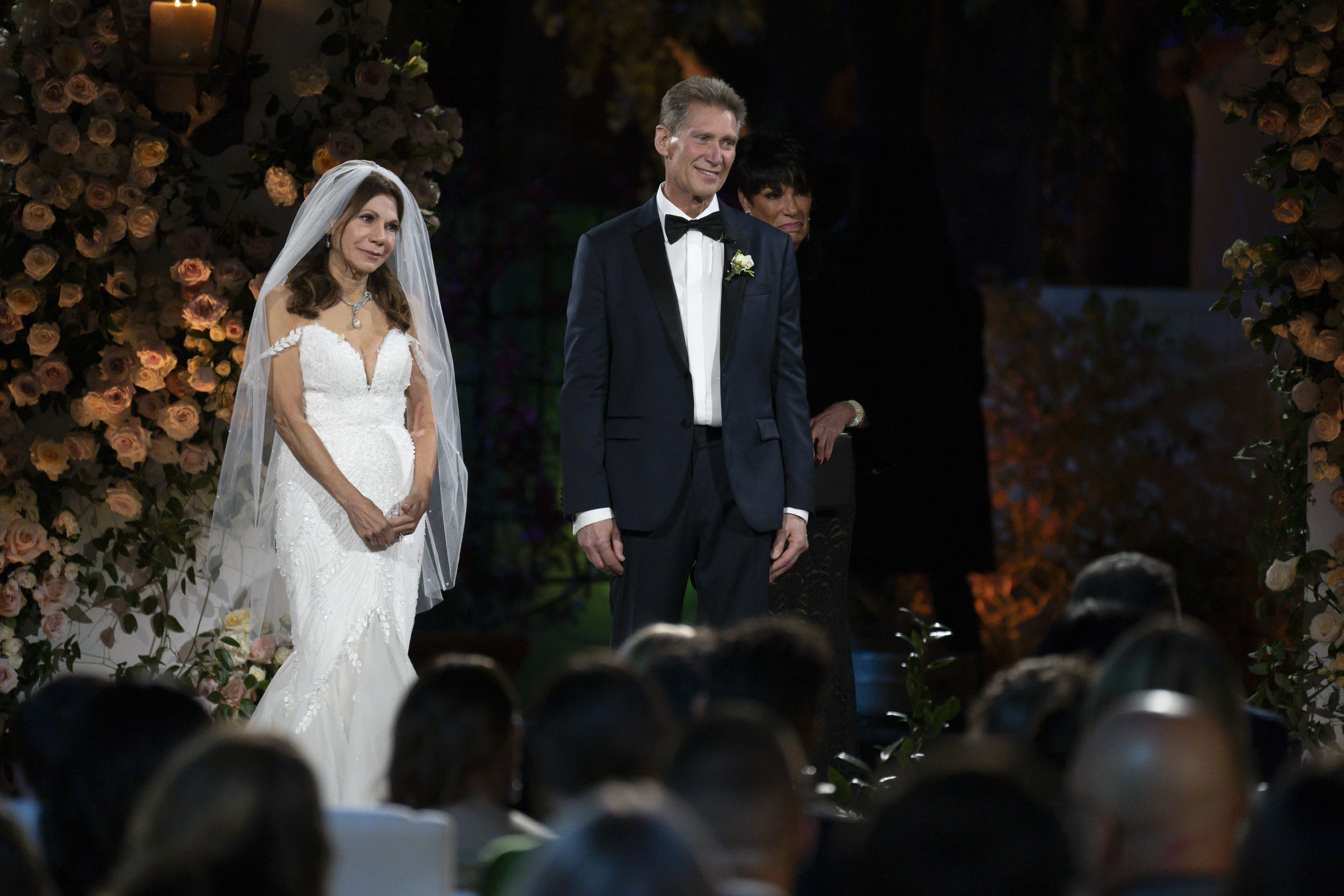From rock to Rachmaninoff, musicians around the world are innovating around the global pandemic.
The band Spafford canceled most of its national schedule. Andrew "Red" Johnson, keyboardist for Spafford, said the decision was tough on the independent rock-jazz-reggae group from Arizona.
"We're a touring band," Johnson said. "That's what we do."
Big concerts are still a no-no in most places, so the Spafford team organized a pioneering drive-in concert. It was a smaller than usual crowd -- in cars -- but a crowd, nonetheless.
"If we weren't the first, we were one of the first to do it," Johnson said.
An even smaller audience can be seen at the San Francisco Symphony. It's hosting one-on-one concerts. One musician plays for one masked fan, seated at least six feet away, outside the hall. It's a temporary measure until the full symphony can once again fill all 2,700 seats inside Davies Hall.
Stephen Davis, managing director with United Kingdom venue management company SSD Concerts, said innovation is key to making events successful as the pandemic rolls on.
"People do need to start getting creative," Davis said. "I think we did break the mold a bit."
Entertainment News
SSD aimed for an "old" concert feel with a creative new seating chart. The Virgin Money Unity Arena in Newcastle, England, bills itself as the first "socially-distant" concert venue. Organizers seated fans in boxes that do not touch.
"You get six people per pen," Davis said. "They're two meters (approx. 6 ft.) apart."
It's clever, but there's a catch: economics. Ordinarily, the VMUA holds up to 45,000 fans. With people in pens, maximum capacity drops to 2,500 -- a 95 percent drop.
Tom Chauncey, founder of Sausalito-based talent agency Partisan Arts, applauds the creativity but says that kind of model is not sustainable.
"It doesn’t fix the problem for the industry," Chauncey said. "The way the economics of our business works is that it isn’t really functioning until we can do full-capacity shows."
Chauncey said he bets full houses aren't in the cards for the foreseeable future.
“Right now, we don’t anticipate we’ll have concerts until there’s a vaccine and social distancing is a thing of the past,” he said.
An August concert at a motorcycle rally in South Dakota was a test. Video of the event showed few masks and no distancing. Soon afterward, COVID-19 cases spiked in that county.
Three big Bay Area venues told us it's too early to lay out their concert plans.
Levi's Stadium in Santa Clara said there are "too many unknowns." Concord Pavilion said it will "act accordingly when mass gatherings resume." Live Nation, the operator of Shoreline Amphitheatre in Mountain View, said it has "no specific details to share."
And what about Spafford's tour?
"For the first time ever, we have nothing on the books," Johnson said.
With almost everything on pause, some smaller concert venues say they might have to shut down for good. Many have banded together to ask Congress for financial help. The group Save our Stages is planning a live streaming event Oct. 16 - 18, with hashtag #SaveOurStages.
"It's pretty difficult to sustain a business that has no revenue for six months or four months," Chauncey said. "Our industry, for the most part -- we're looking at 12 to 16 months."
Bands like Spafford vow to continue making music, even if they're only occasionally performing in unusual or non-traditional places, like drive-ins.
"It’s what we’ve got, currently," Johnson said. "We’ll work with what we’ve got."



